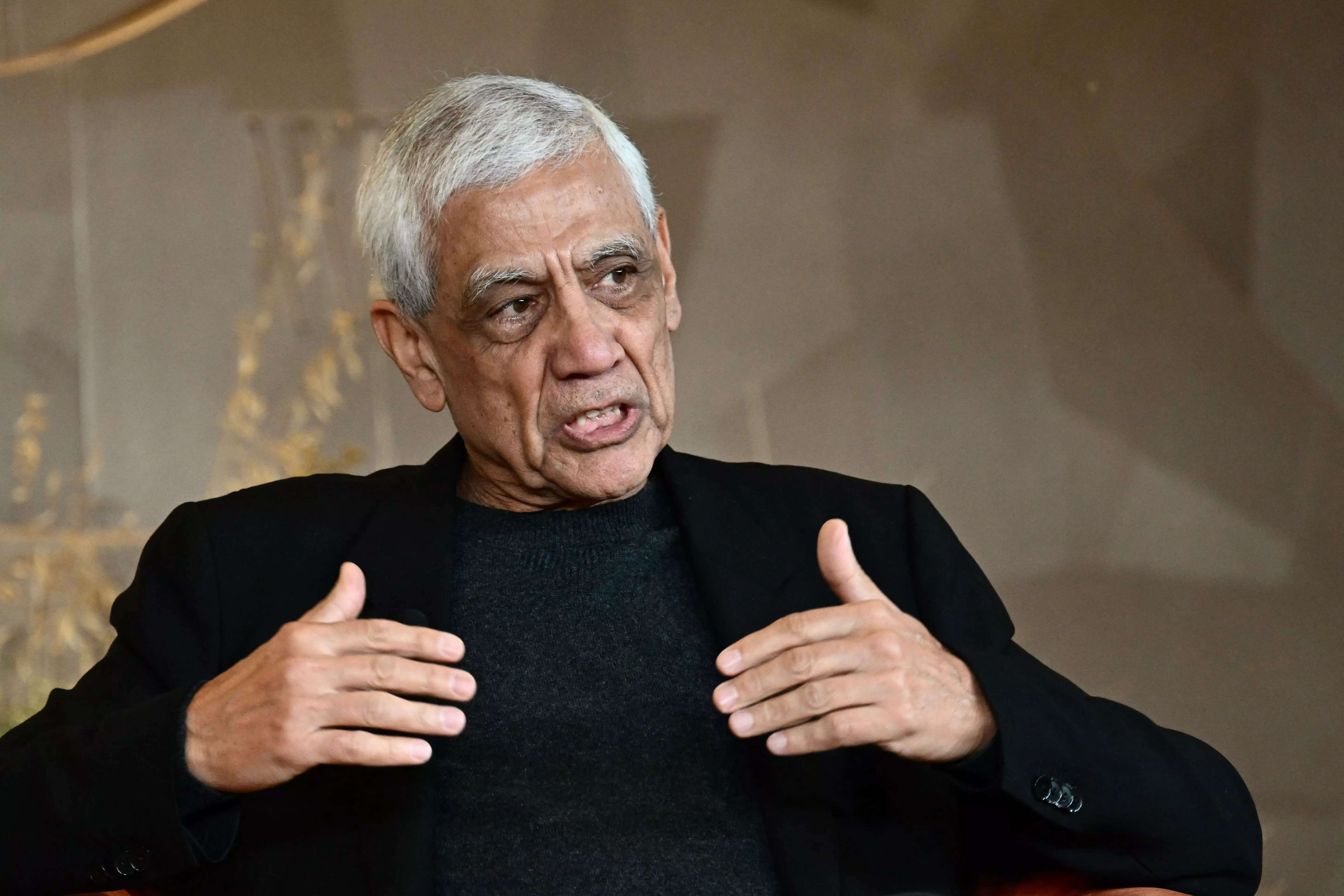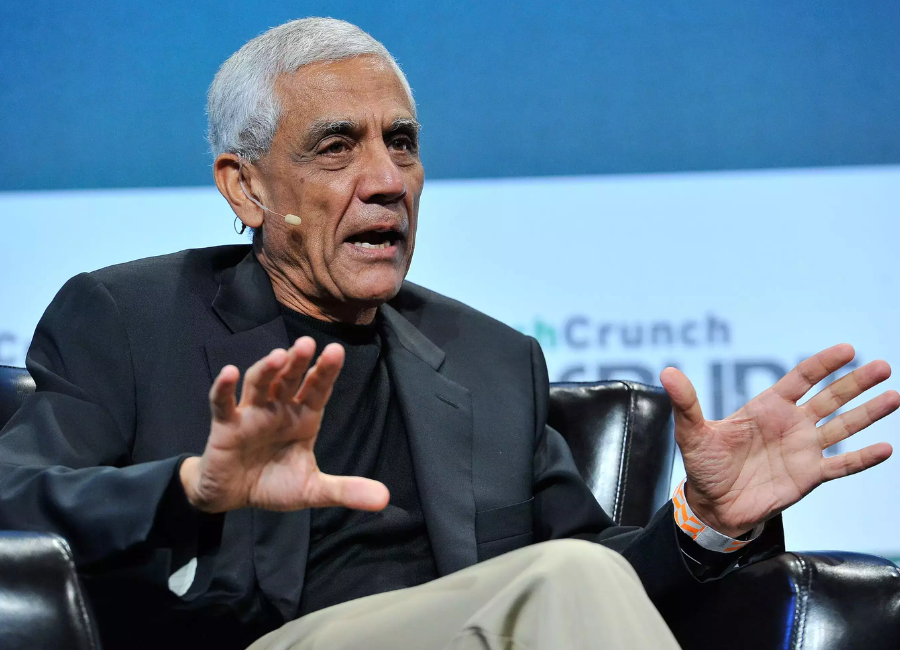Billionaire investor Vinod Khosla, a prominent supporter of OpenAI, predicts that artificial intelligence (AI) will bring about significant deflation in the global economy over the next 25 years. In a post on X on Monday, Khosla expressed his belief that AI’s impact would be fundamentally deflationary, marking a departure from the prevailing inflationary pressures experienced over the past two years. While inflation typically leads to rising prices, deflation results in falling prices, potentially leading to lower profitability for companies and stagnant or shrinking economic growth.
Khosla’s outlook challenges the current economic landscape, which has been grappling with inflationary concerns. Despite recent declines from peak inflation levels, inflationary pressures persist. Khosla, however, suggests that AI’s transformative effects will render traditional measures of economic health less relevant, emphasizing that “capital should be scarce for a while.”
According to Khosla, current metrics such as Gross Domestic Product (GDP) may become less relevant in a deflationary environment, while goods and services could become more abundant. He pointed out the need to identify the right measures and questions to assess the evolving economic landscape shaped by AI.

The 68-year-old investor, whose venture-capital firm invested $50 million in OpenAI in 2019, has been a vocal advocate for understanding the opportunities and risks associated with AI. In a recent appearance at Fortune’s Brainstorm AI conference on December 12, Khosla dismissed AI as the world’s greatest threat, emphasizing that concerns about sentient AI causing harm were misplaced. Instead, he argued that the higher risk to worry about was China, not AI posing a threat.
Khosla’s perspective aligns with other tech leaders who foresee significant economic impacts resulting from AI advancements. Elon Musk, CEO of Tesla and a prominent figure in the tech industry, has highlighted the potential for economic transformation through AI and automation. Last year, Musk unveiled Tesla’s AI robot and suggested that if robots were capable of manual labor, the economy could become “quasi-infinite.” He envisioned a future of abundance, where poverty would be eradicated, and individuals could access a wide array of products and services.
While Khosla’s predictions about the deflationary impact of AI on the economy differ from prevailing concerns about inflation, they reflect a growing recognition of the transformative potential of AI technologies. As AI continues to evolve, discussions around its economic implications, risks, and opportunities are likely to shape the future economic landscape.
Representatives for Khosla have not responded to requests for comments from Business Insider as of the time of writing.







